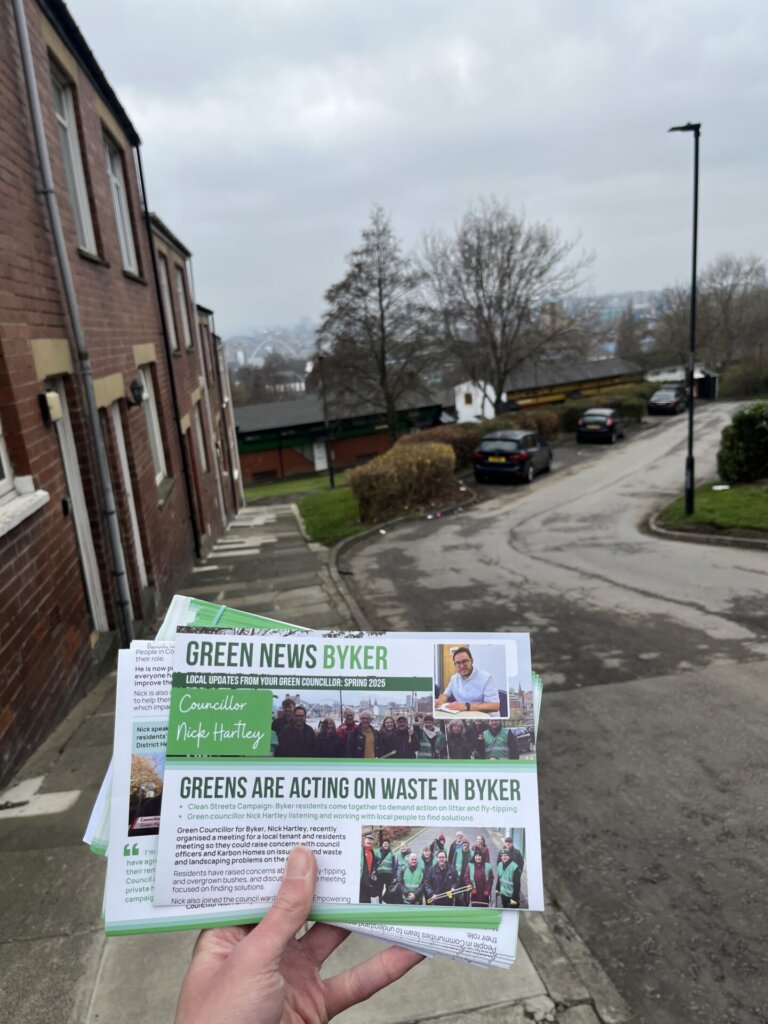Covid-19: The aftermath for mothers and babies
Written by Chloe Hargrave on 17th April 2023
Imagine this: You have just brought your tiny, wrinkled bundle of joy home. You are tired and weary, but you can’t wait for your baby to be greeted by your family. Grandma’s cuddles. Your sister squeezing you tightly with tears in her eyes as she mutters: ‘I’m so proud of you.’
But it’s just a fantasy. Because you birthed your child in the height of the pandemic. You spent hours, and days in the hospital alone with nobody, not even your partner by your side, and now you’re home, nobody can come to greet you. Your baby won’t meet your mother, or sister, or friends for weeks, if not months. It’s just you, your baby and your partner, living in your bubble. Not sure of what will come. And it’s lonely.
The birth of your firstborn child is supposed to be the best day of your life. Those first cries that make your heart flutter, the sweet smell of breast milk and the warmth of your new bundle of joy as they lay your baby on your chest. Watching your partner embrace fatherhood as he holds tightly and protectively onto the tiny person you both created. Those big blue eyes, staring in disbelief at the world they have just entered, and those wrinkled, little fingers wrapped around yours. But in reality, it was missed midwife appointments, scans carried out alone and days in hospital with nobody by your side.
Louise Bell, who worked as a health visitor throughout the pandemic and is a mental health nursing lecturer at the University of Sunderland said: “Many families felt as though they had been abandoned when visits were restricted and face to face support from health services was not as easy to access. Within my caseload mothers became more anxious about common childhood illnesses and sought advice much quicker to alleviate their concerns.”
Over both 2020 and 2021, when the pandemic was at its height, there were approximately 1,238,764 live births across England and Wales, according to the Office of National statistics. There were multiple reports suggesting that pregnant and postpartum women during the pandemic were experiencing detrimental cases of depression and stress about them or their babies contracting Covid-19.
It’s no wonder, after knowing personally what it was like to give birth during the pandemic, that the rate of postpartum depression soared. An article from The Journal of Research conducted a survey on 614 mothers who had children aged between birth and 12 weeks during the first lockdown. According to that research, women who gave birth during the pandemic were showing higher signs of depression and anxiety than mothers before the pandemic. They are hoping that their findings can influence the way mothers are cared for before and after childbirth in future health crises.
 Lily Nicholson, aged 23, who is a student nurse from North Yorkshire, gave birth to her daughter Aria during December 2020, at the height of the pandemic. She said: “My anxiety was extremely bad about either me or my partner catching Covid. The thought of having to go through labour alone if either of us had caught Covid made me want to be sick. Once Aria was born, I lived in constant fear that we would go into tier four of the lockdown system, and I wouldn’t be able to see my mum for support. It was very isolating once my partner returned to work because there were no classes running so it left me all alone all day with a little human, I didn’t really know how to take care of!”
Lily Nicholson, aged 23, who is a student nurse from North Yorkshire, gave birth to her daughter Aria during December 2020, at the height of the pandemic. She said: “My anxiety was extremely bad about either me or my partner catching Covid. The thought of having to go through labour alone if either of us had caught Covid made me want to be sick. Once Aria was born, I lived in constant fear that we would go into tier four of the lockdown system, and I wouldn’t be able to see my mum for support. It was very isolating once my partner returned to work because there were no classes running so it left me all alone all day with a little human, I didn’t really know how to take care of!”
Lily has also had concerns over her two-year-old daughter’s speech because of Aria’s lack of social interaction with other children due to lockdowns. This has caused Lily to have further anxieties that have stemmed from the pandemic.
In a BBC news article from 2021, it suggested that there were masses of concern for the development of children who were born during this time, as they weren’t getting the same social experiences that children did before and after the height of the pandemic which was affecting their speech and language and their social interactions.
Sandy Chappell, a children’s speech and language therapist from North Yorkshire and author of How to Raise a Chatterbox said: “Social interaction and connection is the foundation for all speech and language skills. The main impact on children’s development occurred because of lockdowns, when not only were nurseries and schools closed to the children of non-key workers, but also soft play centres, playgrounds, swimming pools etc where children can play together and develop key pre-verbal skills as well as language.”
She further commented: “When I visited nurseries and reception classes again, staff told me that children’s behaviour, social skills, attention, listening, turn taking and play were noticeably worse with each new year group, as well as their language skills being more limited. I have had a significant increase in referrals of children with social communication problems, as well as those who are late saying their first words and sentences, struggle to follow instructions, have developed a stammer or have difficulty using specific sounds.”
The statistics from a report by the charity Speech and Language UK shows that children struggling with speech rose from 1.5 million to 1.7 million between September 2021 to September 2022, and according to an article in National Geographic this has only made mothers struggling with the aftermath of the pandemic, and their own mental health issues related to loneliness and guilt of their children’s struggles with speech, and social interactions worse.
Lily further commented about the future of antenatal/labour/postnatal care if a situation like the pandemic were ever to strike again. She said: “Pubs were opening whilst mums were living in fear of giving birth alone. All antenatal appointments were attended alone meaning if anything was wrong at your scans you had no support with you. Mother and baby were massively overlooked and it’s still affecting mums today as all antenatal health visitor appointments are now done virtually which means issues are getting missed. Things must change if this were to happen again.”
Many mothers feel that they wouldn’t want to go through the torment of being pregnant during a pandemic ever again or to have the worry of their child’s development being stunted because of not getting the social experiences that they need. The rest of the world may be able to move on from those two dreaded years, but these parents and their children may never get to. Let’s just hope if a disaster like the pandemic strikes again, we are better prepared for the sake of our future generations.
To buy Sandy Chappell’s book, How to Raise a Chatterbox, click here.







